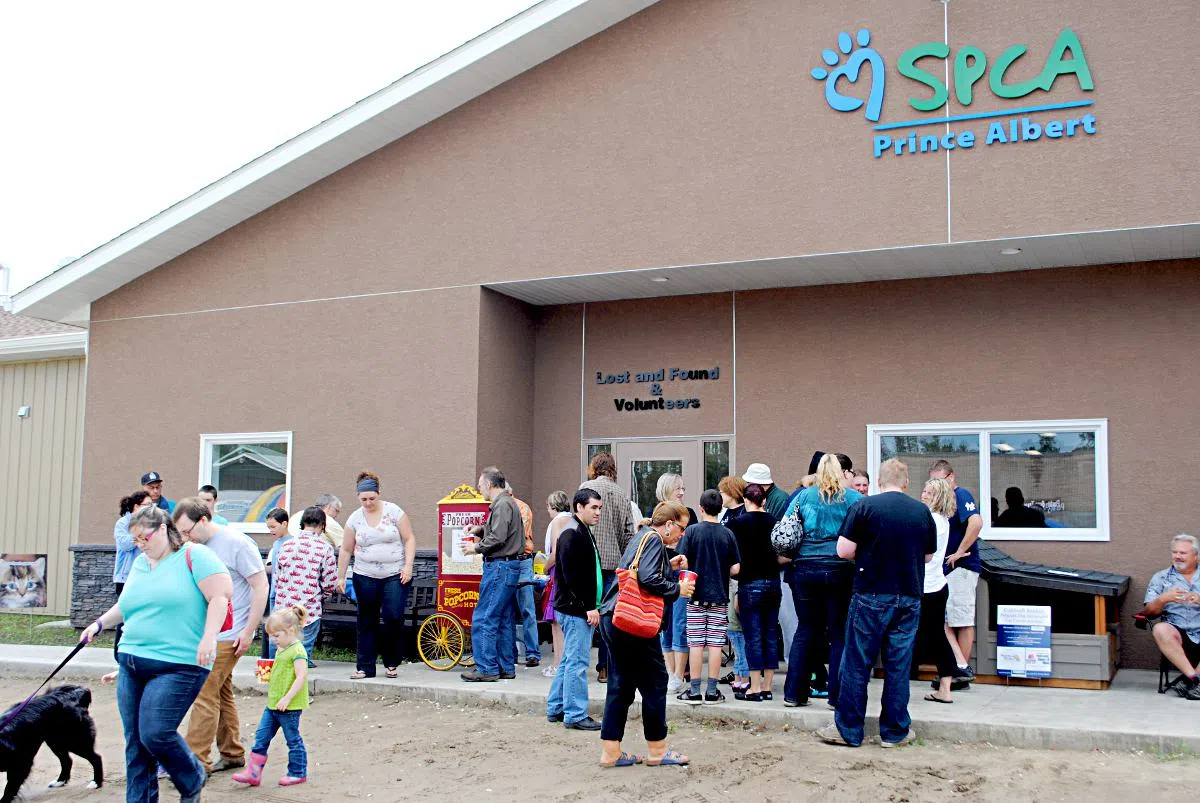
SPCA facing questions over ‘big changes’
The executive director of the Prince Albert SPCA is assuring the public that the animals at the shelter are safe and the shelter remains fully staffed.
John Morash is responding to some concerns raised in the community recently over the SPCA’s operations and staff turnover. A number of long time staff members have been let go or have walked out.
One of those former employees is Megan Boucher, who said that when Morash was hired in January, the transition was tough getting used to.
“I tried really hard to be unbiased and then within a couple months it started to escalate and I was just wondering the type of things he was doing, how he was handling certain things, how he was treating certain staff members,” said Boucher.


